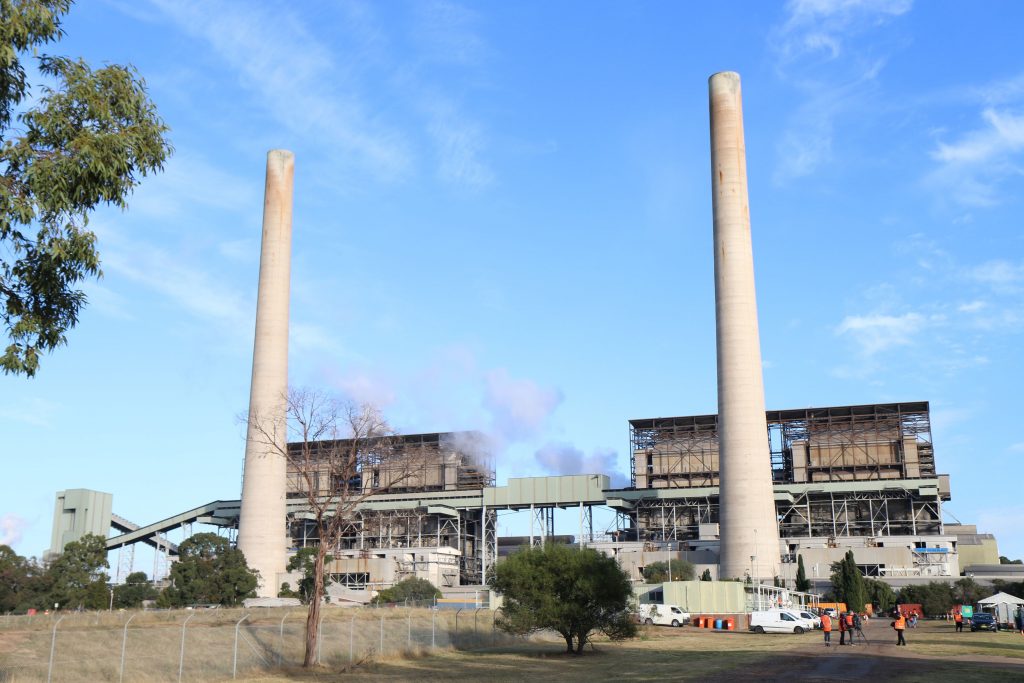
After being caught flat footed by a string of early power station closure announcements in the Hunter, the Federal Government has moved to make sure it’s not blind sided again.
The government tried to put a stop to the Liddell Power Station closing at Muswellbrook but it is next year, Bayswater, Eraring and the Vales Point Power Station are also all closing within the next decade.
Minister for Industry, Energy and Emissions Reduction Angus Taylor has written to the Australian Energy Market Commission to ask for a change to the National Electricity Rules to extend the notice given to shut a power station from 3.5 years to a minimum of five years.
“If accepted, the rule change will increase notice of closure requirements to 5 years to allow adequate lead time for new capacity to be built to replace exiting generation, and to prevent potential gaming of notice of closure requirements by market participants,” he said.
“This is a sensible change, and necessary to ensure the National Electricity Market (NEM) remains reliable and secure.”
“Without this rule change, there is a risk that retiring capacity is not replaced in time or is only able to be replaced with inadequate or inefficient options that are available in short timeframes, risking the reliability, affordability and security of the system.”
The proposed new rule also includes a new definition of ‘longer term mothballing’, within notice of closure arrangements. A longer term mothballed plant will be defined as a generator that will be unable able to dispatch for 9 months or longer over a 12 month period.
These generators would be subject to the same notice period that applies to permanent closures, to avoid potential gaming where generators could mothball a plant indefinitely without providing any notice or date of an intended closure.
Seasonal mothballing, defined as a generator not being available to dispatch electricity into the NEM for less than 9 months over any 12 month period, would not be subject to notice of closure requirements.
The new rule would also prohibit speculative notices of closure when the generator has no actual intention to close the plant on the specified date.
Under the proposed rule, the Australian Energy Regulator (AER) would investigate any notice that it suspects to be speculative, using its existing investigative and information gathering powers.
Image: AGL

